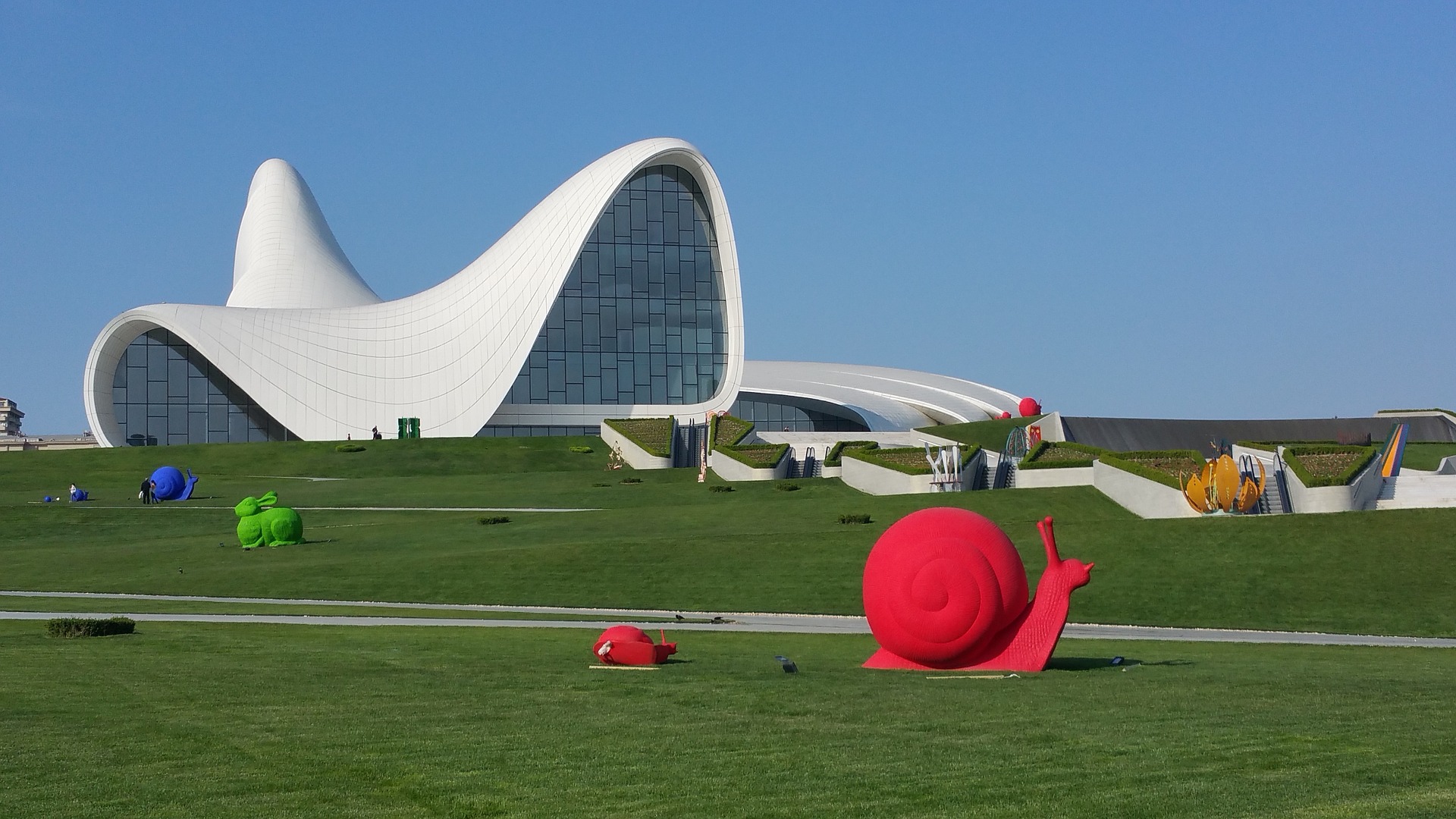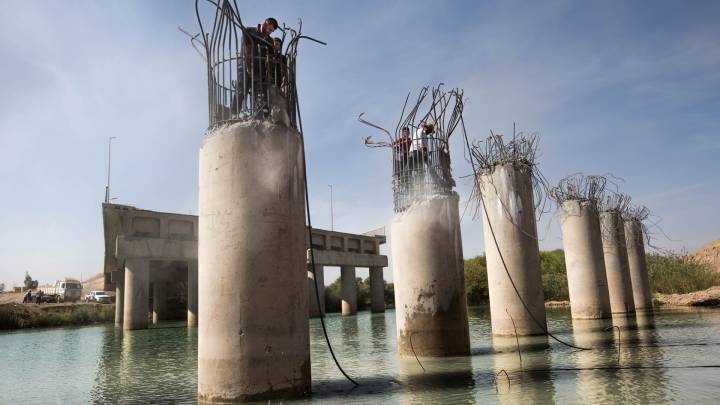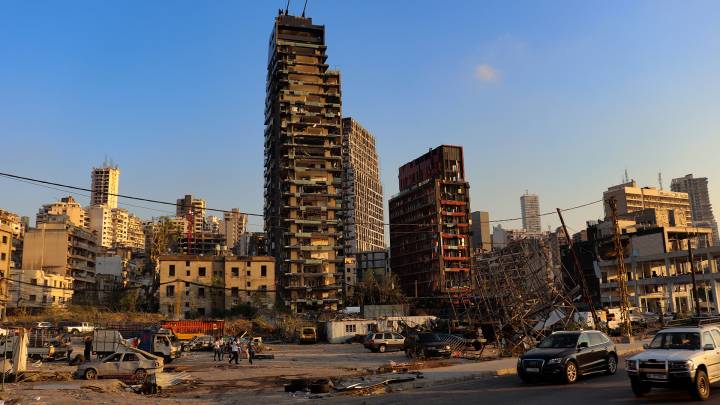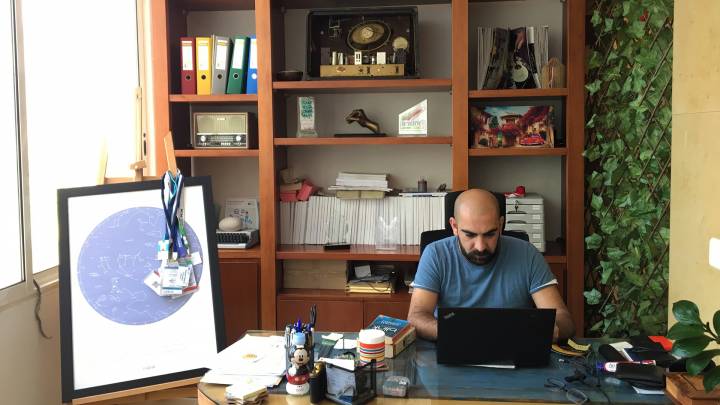Belonging to the right family in Azerbaijan means a free ride to immense wealth. Authorities have publicly committed to fight rampant corruption. But civil society activists and opposition politicians push for a more thorough look into public funds.
The word 'corruption' is so commonplace in Azerbaijan that most people do not pay it much attention. It comes as no surprise then that the country ranks 152 out of 180 in Transparency International's latest Corruption Perceptions Index (CPI). Notwithstanding the fact that anti-corruption legislation has been in force in the country for many years. The governmental bodies tasked with tackling corruption comprise the General Anti-Corruption Directorate, which established in 2004, and the Anti-Corruption Commission of the Republic of Azerbaijan, founded a year later under the supervision of the Prosecutor General’s Office. It is unclear whether either of these organisations is currently undertaking any serious investigations.
The international press is full of reports about corruption in Azerbaijan. In April this year, Forbes ran a story on a whistle-blower at Danske Bank’s Estonian branch, who exposed the $280 billion money-laundering operation which links Azerbaijani government officials with several European politicians. Two months later, police on the island of Ibiza reported that a missing €1.2 million watch belonged to the son of the president of the State Oil Company of the Azerbaijan Republic (SOCAR), Rovnag Abdullayev.
In June of the same year, the police on the Spanish island of Ibiza reported a missing watch belonging to Abdullayev, which was valued at 1.2 million euros. And in October, Greek state television reported that the son of Azerbaijani officials had spent €2 million over nineteen days in the resort city of Mykonos. Research conducted by the Organized Crime and Corruption Reports Project (OCCRP) supports this depiction of corruption in Azerbaijan. Their investigations have uncovered businesses and offshore investments linked to the president’s family and to top-ranking members of the government. The Azerbaijani authorities seldom comment of these allegations of corruption, preferring to dismiss them as Western attacks on Azerbaijan.
Decorative Laws and Organisations
Alasgar Mammadli, an independent lawyer and media expert, says that the substance of these much-discussed recent media reports merits investigation by anti-corruption organisations, which are legally obliged to do so. Mammadli considers their inaction proof that these organisations as well as the current legislation are merely decorative.
“So far, millions of car collections of officers or their children have been on the agenda and their businesses have been investigated and made public. None of this has been subject to investigation. From now on, almost all of these decorative organisations. In other words, they are for show to demonstrate that we have such an institution or a law. But in practice they are not effective.”
Mammadli draws attention to the many flaws in the framework of Azerbaijan’s anti-corruption legislation. Among which is the failure to determine income declaration forms, fifteen years after a law passed stated that officials must declare their incomes. This law was introduced to foster transparency regarding the earnings of members of the government, and to deter corrupt practices relating to incomes. Mammadi argues that without the proper oversight of this process by a special governmental body, individual agencies merely ignore corruption outside their departments. “Therefore, the legislation exists only in name, meaning that it is not enough to combat actual corruption.”
For Mammadli, corruption is best fought through prevention.
The preventive measure is that it is possible to measure the extent to which its function is corrupted when it is possible to trace whether there is an increase in officials' property. The lawyer also notes that is the most negative side of the law, there is no social control.
“Because, if the authorities that fight against corruption receive initial warnings about the incomes or corruption of an official, there is a possibility of new corruption. This is also a tool for the continuation of covert corruption. The most important way to eliminate this tool is to make it available to the public.”
He says that law enforcement agencies sometimes receive information relating to corruption. Although these bodies legally have the right to follow up on this information, they do not have the authority to investigate potential cases of corruption without political approval.
“But this information is used as prey when it comes to making political decisions when it comes to sacrificing an officer.”
Political will, legislation and independent judiciary
Natig Jafarli, Executive Secretary of the opposition ReAl (Republican Alternative) party, says that to examine the extent of corruption in the country, it is enough to look at the reports of the World Bank, the International Monetary Fund, the Asian Development Bank, the European Bank for Reconstruction and Development. A possible measure of the extent of this corruption is the size of the shadow economy, which these organisations estimate at comprising between 40% and 64% of the Azeribaijani economy.
Jafarli notes that budget corruption in Azerbaijan is also endemic. According to him, when looking at the rules of public tenders in the country, it is possible to identify both the secret and open owners of the bidders as well as the inflation of budget spending. The impact of corruption on the economy is diverse, however, it is felt most acutely in competitiveness encouraging monopilies. Jafarli adds that corruption also has consequences for Azerbaijanis’ standard of living. He states that sometimes citizens do not fully realise the extent of this and instead pay more attention to domestic corruption. But budget corruption has a far more serious impact on their prosperity. If there is no corruption in the budget, citizens will be able to get better services and receive higher salaries and pensions. Jafarli concludes that three things are essential in the fight against corruption: the political will, the legislation and an independent judiciary.
Khadija Ismayilova, an investigative journalist, claims that most of the problems relating to corruption stem from the business interests of President Ilham Aliyev's family. A number of investigations have uncovered that the Aliyevs control a number of sectors of the economy, including construction, mobile communications, agriculture and food production. In response to revelations in the “Panama Papers” of 2016 regarding the Aliyev's stake in mobile, banking, hotel, and gold mining industries, the presidential press secretary told Radio Free Europe that president’s daughters could also engage in business just as any other Azerbaijani citizen can.
Nationwide mission
According to Zahid Oruj, the head of the Center for Political Studies under the President, the fight against corruption is an ongoing process and a nationwide affair. Oruj believes that anti-corruption measures have been intensified in Azerbaijan in recent years with varying degrees of success.. He argues that the fight against corruption should not waged solely by specific bodies within the system of public administration or by any of the agencies formed in the prosecutor's office. The deputy believes that the fight against corruption should be taken from a single trench:
“All forces must be in this trunk regardless of their ideological affiliation, religious or non-religious beliefs. Of course, as an effective measure, Article 18, Clause 9 of the Civil Service Act of 2001, should work and its mechanism should be developed. This is also a manifestation of some income declaration. If this is the case, it will enable greater transparency, no one will hesitate to show their existence, and society will recognize everyone's right to be rich.”
Zahid Oruj also proposed to strengthen a number of legislative acts in the economic sphere, which, if undertaken, would limit the ability of those in government to participate freely in economic activities.
“I think that these assessments with regard to Azerbaijan should also be taken into account by foreign bodies, as it is impossible to ignore the changes during this period. After all, to present the facts about the officials in the foreign media as a view of the whole country, to meet the strong changes with silence and not responding to them proves that some countries are simply interested in the pollution of Azerbaijan, and they intend to realize their various economic and geopolitical interests in this regard.”




